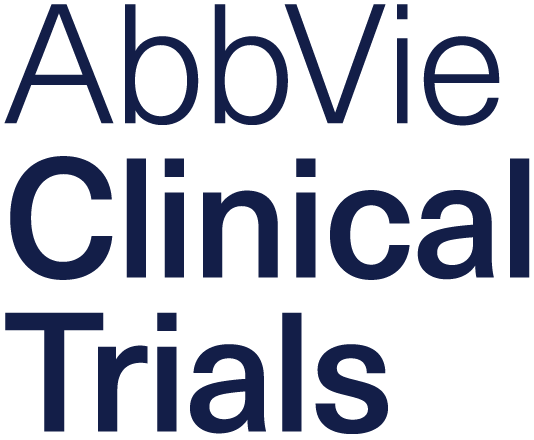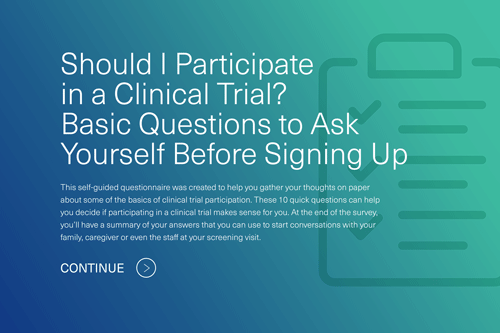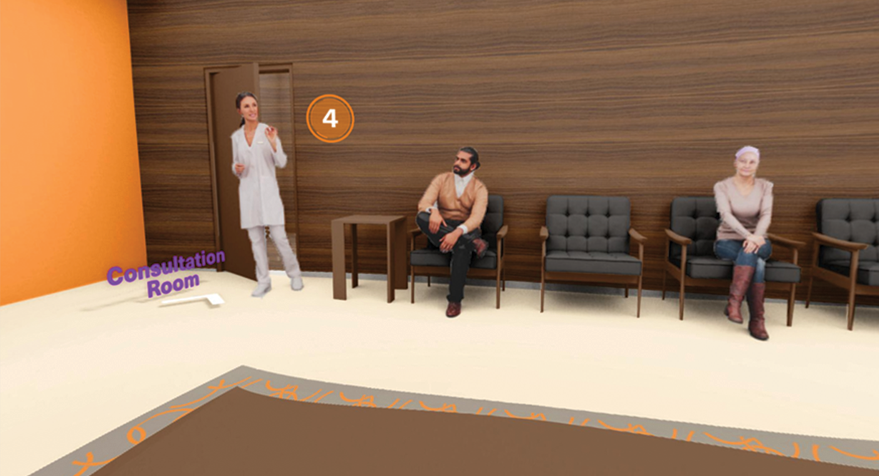For patients and families, it can be hard to understand the clinical trial process, and how clinical trials work toward their benefit.
According to the World Health Organization1, a clinical trial is “any research study that prospectively assigns human participants or groups of humans” to test new treatment methods, new drugs, and methods for measuring the effectiveness of a test treatment on a disease or medical condition.
Standard clinical trial process dictates very strict rules about how the trial is run, and must account for every factor and trait that could affect the study. To ensure that researchers do not influence the results of a given study, often they will conduct what is known as a double-blind study, where neither the researchers nor the patients know which group of patients has been given a potential drug or therapy, and which has been given a placebo, a substance that has no therapeutic benefit.
HOW CLINICAL TRIALS WORK FOR PARTICIPANTS AND FAMILIES
Participation in a clinical trial should be an informed choice, made collaboratively by patients, and medical practitioners. Many participants volunteer to contribute to ongoing research to benefit themselves or a loved one. Other participants are motivated by the impact on social good, understanding that every clinical trial contributes to future therapies and cures. How clinical trials work can depend on many factors including the type and duration of the study, the patient population, and even the geographic location where the study is taking place.
Clinical trials not only advance research on treatments for particular diseases and conditions, but study the effects of drugs on other drugs, drugs in combination with other treatments, and the efficacy and safety of already FDA-approved drugs for different applications than those for which they were approved. The results of clinical trials can often lead to discoveries of new pathways and treatment strategies that were previously unknown.
It is important for you to inform yourself about the potential risks or benefits of being involved in a trial prior to enrollment. Reading what to expect in a clinical trial, and any additional questions should be directed to the doctor or nurse involved in the clinical trial.
Read more about Benefits and risks of participating in a clinical trial
The inclusion and exclusion criteria can include determining whether or not you have a specific type or are in a specific stage of a disease. Some clinical trials may investigate healthy volunteers that are not suffering from any disease.
For more information on clinical trial safety protocols, read Are clinical trials safe?
YOUR CLINICAL TRIAL EXPERIENCE
Researchers are always looking for ill patients and healthy volunteers who are interested in furthering research that could benefit many people with disease. Not surprisingly, it can be difficult to recruit patients and healthy volunteers.
Whether you are a patient, a healthy volunteer, or a friend or family member of someone with a disease, at AbbVie Clinical Trials and Me, we are here to help you during every step of the clinical trial experience.
Read more about how clinical trials work in Clinical Trial Phases
Or take a virtual clinical trial journey



